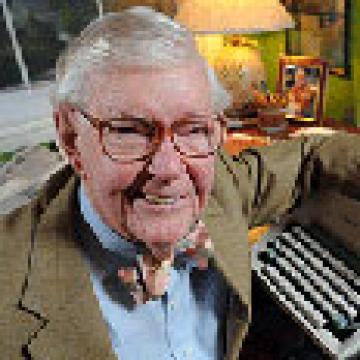Franklin D. Roosevelt | Miller Center (original) (raw)

1882 - 1945
I call for effort, courage, sacrifice, devotion. Granting the love of freedom, all of these are possible. And the love of freedom is still fierce and steady in the nation today.“Stab in the Back” Speech
Overview
Faced with the Great Depression and World War II, Franklin D. Roosevelt, nicknamed “FDR,” guided America through its greatest domestic crisis, with the exception of the Civil War, and its greatest foreign crisis. His presidency—which spanned twelve years—was unparalleled, not only in length but in scope. FDR took office with the country mired in a horrible and debilitating economic depression that not only sapped its material wealth and spiritual strength, but cast a pall over its future. Roosevelt's combination of confidence, optimism, and political savvy—all of which came together in the experimental economic and social programs of the "New Deal"—helped bring about the beginnings of a national recovery.
Fast Facts
Full Name
Franklin Delano Roosevelt
Birth Date
January 30, 1882
Birth Place
Hyde Park, New York
Education
Harvard College (graduated 1903), Columbia Law School
Career
Public Official, Lawyer
Marriage
March 17, 1905, to Anna Eleanor Roosevelt (1884–1962)
Children
Anna Eleanor (1906–1975), James (1907–1991), Franklin Delano Jr. (1909), Elliott (1910–1990), Franklin Delano Jr. (1914–1988), John Aspinwall (1916–1981)
Burial Place
Hyde Park, New York

Chicago Style
Miller Center of Public Affairs, University of Virginia. “Franklin D. Roosevelt.” Accessed October 25, 2024. https://millercenter.org/president/fdroosevelt.
William E. Leuchtenburg
University of North Carolina
Professor Leuchtenburg is the William Rand Kenan Jr. Professor Emeritus of History at the University of North Carolina at Chapel Hill.
Featured Insights
Speeches
Secret White House Tapes
Featured Video
2014-10-22
Why America can’t have (and doesn’t want) another great president
Aaron David Miller takes a journey through presidential history, helping us understand how greatness in the presidency was achieved, why it’s gone, and how we can better come to appreciate the presidents we have rather than be consumed with the ones we want